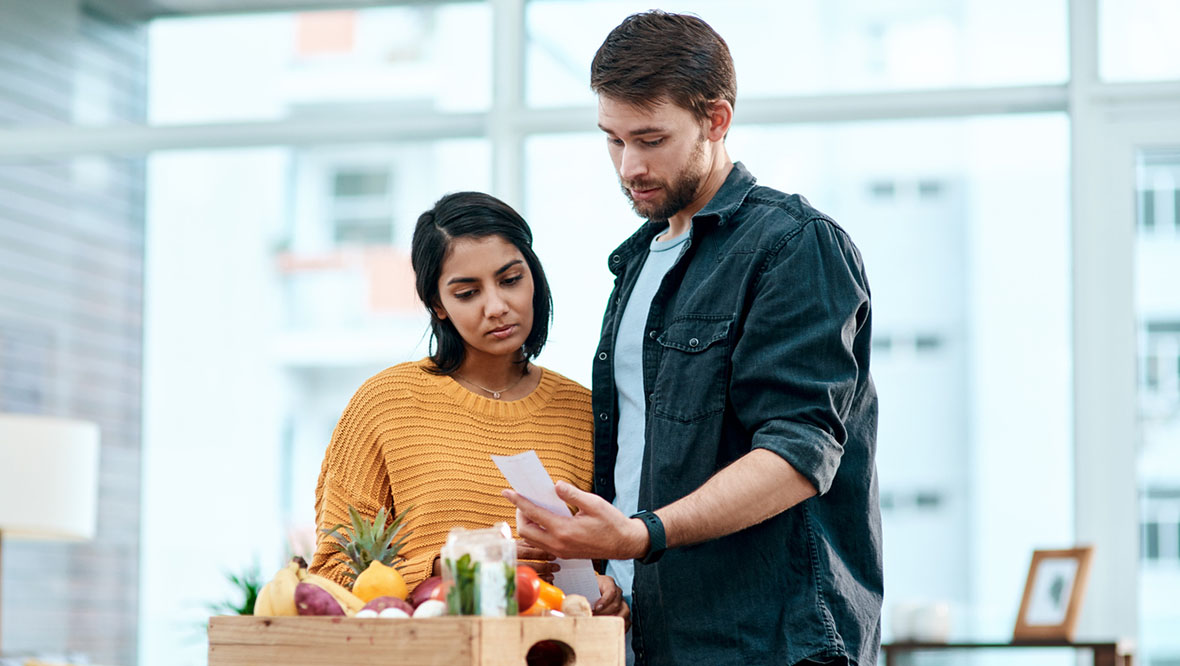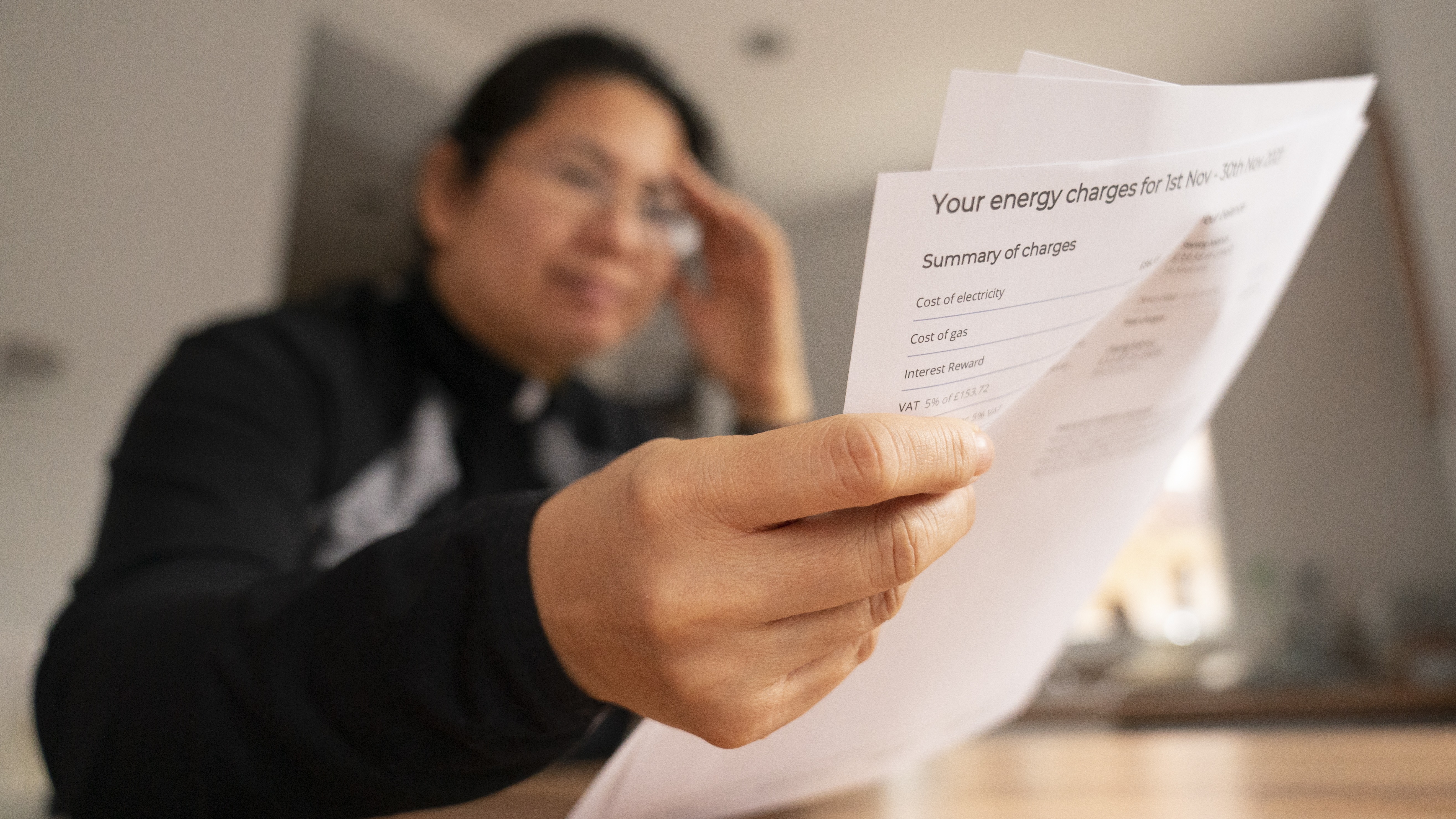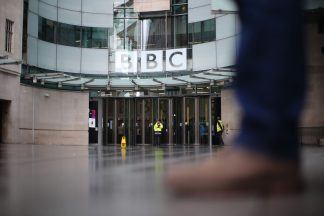Petrol, clothing and food price increases have pushed the UK’s inflation rate to its highest level in more than a decade.
The rate of Consumer Price Index inflation rose to 5.1% in November from 4.2% in October, according to the Office for National Statistics.
Grant Fitzner, chief economist at the Office for National Statistics (ONS), said: “A wide range of price rises contributed to another steep rise in inflation, which now stands at its highest rate for over a decade.
“The price of fuel increased notably, pushing average petrol prices higher than we have seen before. Clothing costs – which increased after falling this time last year – along with price rises for food, second-hand cars and increased tobacco duty all helped drive up inflation this month.
“The costs of goods produced by factories and the price of raw materials have continued to increase significantly to their highest rate for at least 12 years.”
New data also reveals the Retail Prices Index measure of inflation soared to its highest level for more than 30 years – hitting 7.1% last month, up from 6% in October.
Laying bare the mounting cost-of-living crisis facing Britons, the ONS reported surging prices across a raft of goods and services, including for fuel, energy, cars, clothing and food.
Figures showed petrol prices jumped to the highest ever recorded – 145.8p a litre last month – while the cost of used cars also raced higher due to shortages of new motors as supply chain issues continue to affect the economy.
It is the first time that CPI has breached 5% for more than a decade and sees inflation remain more than double the Bank of England’s 2% target.
The data puts further pressure on the Bank ahead of its interest rate meeting on Thursday, with policymakers having to weigh up the need to rein in rampant inflation but also to support growth as the threat of the Omicron variant of coronavirus grows.
Follow STV News on WhatsApp
Scan the QR code on your mobile device for all the latest news from around the country


 iStock
iStock

























